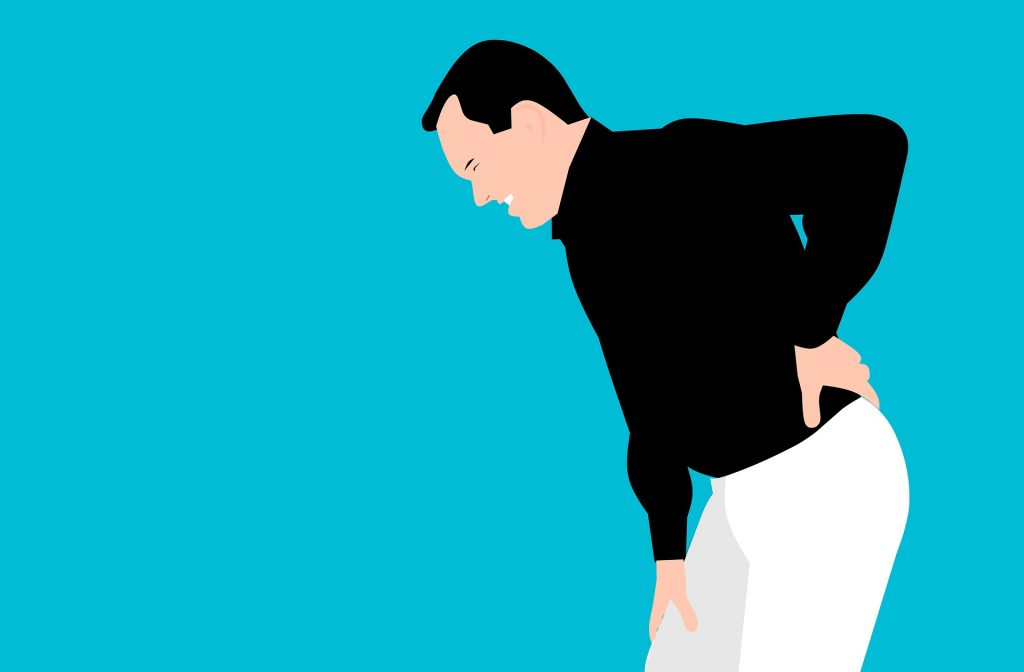National Pain Week
“Life is pain, Highness. Anyone who tells you differently is selling something.”― William Goldman, The Princess Bride
Physical pain is a universal experience, isn’t it?
Ordinarily, pain serves as a warning to prompt you to act. For example, the pain of a burn will prompt you to zip away from the heat and then seek to soothe the burn under cool water.
However, our experience of pain is a lot more complex than that.
Sometimes, pain can be referred. That is, the injury exists in one place, but you feel it in a different area in your body. Sometimes pain lingers long after the injury has healed.

All pain is real. To say that “it’s all in the mind” is to deny someone’s lived reality, causing unnecessary distress and stigma.
But pain is also a subjective and personal experience. What is painful to you, may be excruciating to another.
In medicine, pain is generally divided into two categories, depending on how long you’ve had pain.
- Acute pain usually happens suddenly and is short-lived. The term “acute” doesn’t mean severe pain, but pain that doesn’t last a long time. Most often, acute pain happens in response to an obvious injury.
- Chronic pain is where pain lasts longer than 3 months, or longer than typically expected for recovery from injury. It is also called persistent pain.
Chronic pain: more complex than you think
A number of conditions can cause chronic pain, including:
- arthritis
- migraine
- shingles
- autoimmune conditions such as lupus
- cancer.
Sometimes, however, it’s hard to pinpoint the cause of chronic pain. When this happens, it can be frustrating and cause people to worry that the pain is “all in their heads”.
We now have a much better understanding of why this happens. Pain researchers tell us that sometimes, chronic pain happens because of changes to the way the nervous system works. With chronic pain, the brain receives amplified pain messages from the body’s nervous system. So, the brain reacts more strongly than usual, and you feel pain.
Watch this video for an excellent explanation about how pain works.
What are Pain Management Clinics?
Pain management clinics help people living with pain find the best ways to manage their pain. This means you can find ways to participate in life to the fullest extent possible.
Your care is handled by multi-disciplinary teams. This is a fancy way of saying that you will have a healthcare team, and each member of that team contributes their expertise to your care.
Pain researchers now know that people with chronic pain need a treatment “tool-box”. This can be made up of a variety of practices proven to help with pain management. These include:
- exercise
- education
- peer support
- nutrition
- meditation
- medication.
One of the key things about managing chronic pain to know is that you are not alone, and there is hope.
One way to find support is by participating in National Pain Week.
To speak with an InstantScripts GP:
Events to join during National Pain Week
This 27 July – 2 August is National Pain Week. This is run by Chronic Pain Australia, to support and advocate for people living with chronic pain.
This year, the theme is “Faces of Pain”.
There is power in hearing and telling stories of people who have chronic pain, and the ways they’ve discovered to manage it. During the week, you can watch people with chronic pain share their stories. These stories will help destigmatise chronic pain and inspire those with it to have hope.
Head to the National Pain Week website or Facebook page from 27 July to join in the events of the week.

© InstantScripts
Level 8 / 637 Flinders St.,
Docklands VIC 3008

